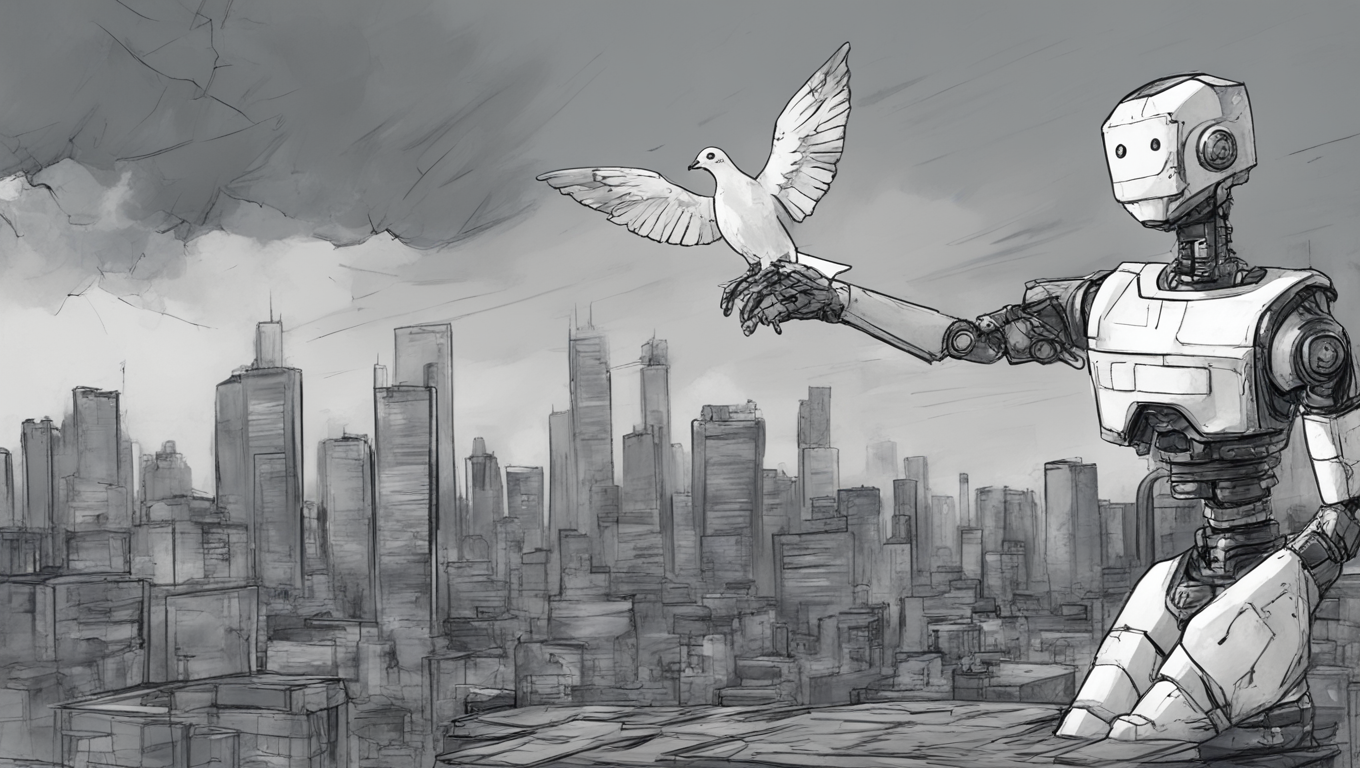In the ever-evolving panorama of digital privacy and the burgeoning realm of artificial intelligence, the Liberal government finds itself at another crossroads. This time, the complex lane shift is caused by the murmurs of discord concerning the proposed amendments to the privacy bill—a legislative maneuver that has sparked an intense standoff within the corridors of power.
At the heart of the matter is the diverging interpretation of these amendments. The multi-hued tapestry of opinions unfolded at a parliamentary meeting on Tuesday when opposition MPs voiced their objection to the plan as it stands. The spokesperson for Innovation Minister François-Philippe Champagne, the man at the helm in these troubled waters, articulated on Friday the government’s intent to publish the amendments' text with expediency—targeting the unveiling for the following week.
But the commitment to haste begot apprehension. “The government’s interpretation of an amendment can be very different from that of experts or another party,” bespeaks a history of legislative fables wherein one amendment can cast long shadows over policymakers' intentions. Reminiscent of the Odyssey that was the Liberal government’s Online Streaming Act, where the chasm between the government’s assurances and expert interpretation delayed the legislation’s journey by two arduous years. This precedent left many wary of a repeat performance.
The plot thickens around Champagne’s approach to the code of conduct for generative AI, such as the ChatGPT platform that has been underscoring the necessity for stringent regulations. Champagne may have lifted the veil on the final version of these guidelines, yet critics berate the government’s consultation process as both esoteric and headlong. “Odd” and “secretive,” they say, decrying it as a dismal departure from the tenets of public and transparent discourse.
The catalytic moment for this consternation was paradoxically a happenstance—an accidental early web posting that revealed the closeted, invite-only consultation. This slip, while minute, cast an unintended spotlight on the government’s strategy, or to some, the distinct lack thereof, igniting a debate that demands visibility in a digital era where ubiquity is tantamount to oxygen.
The journey forward sees the juxtaposition of the government’s dedication to swift action and the raucous call for thorough, inclusive deliberation. The friction between the two, as historical anecdotes of legislative lore have shown us, can stall progress and fan the flames of public skepticism. Will the Liberals' next moves navigate the U-turn toward an open road of harmony and consensus? Only the passage of time, layered with debate and scrutiny, holds that key. “The dynamic nature of these digital issues necessitates that we adapt our governance models and engage openly with all stakeholders,” as an expert might put it. In the present tableau, the steering wheel is firmly in the hands of Champagne and his caucus; their route planning will determine whether they can allay the fears of opacity and restore faith in the legislative process.





Use the share button below if you liked it.